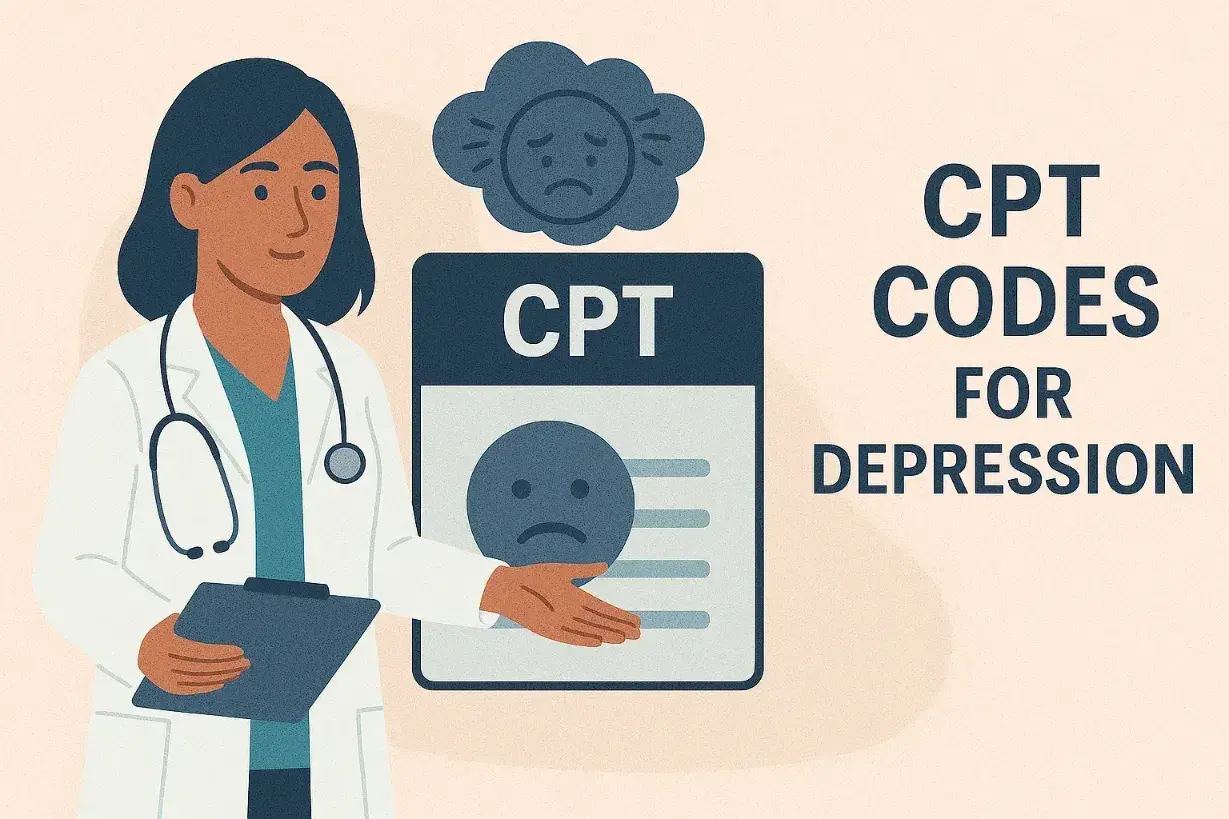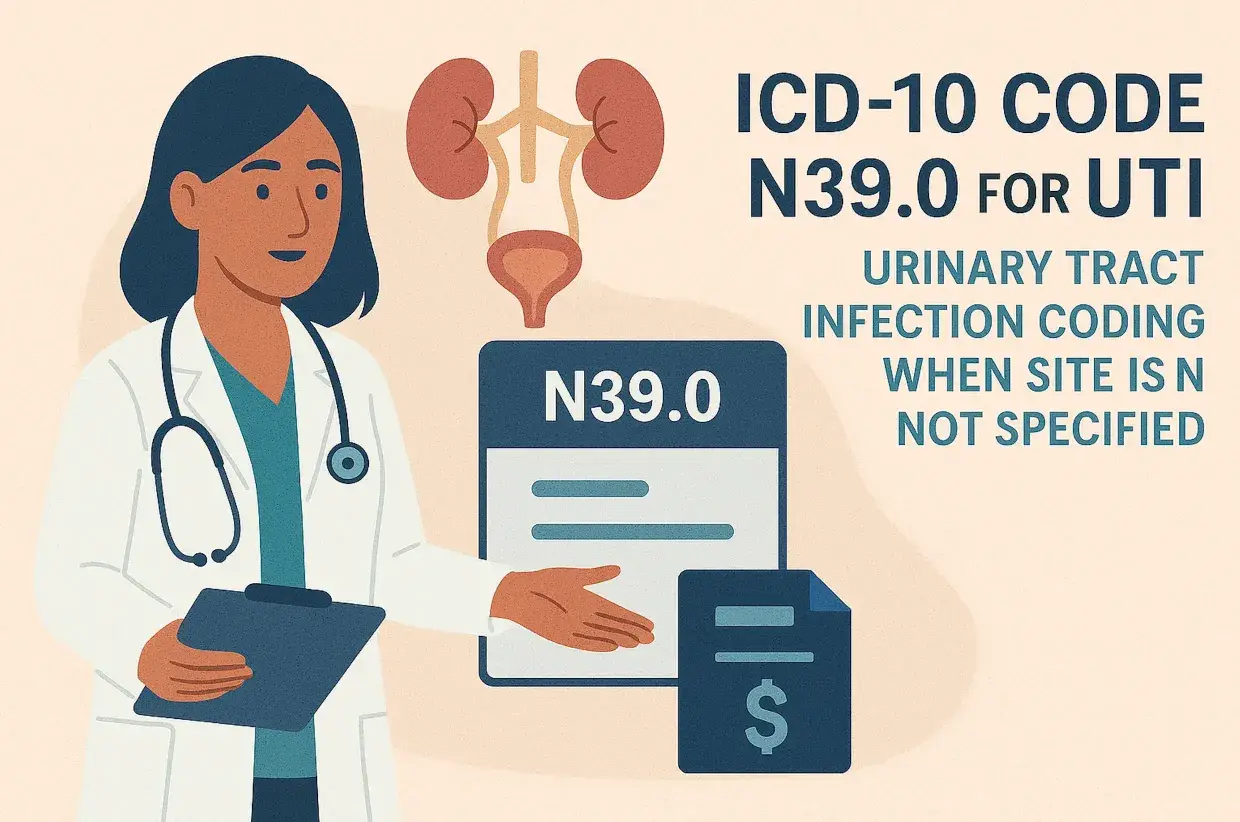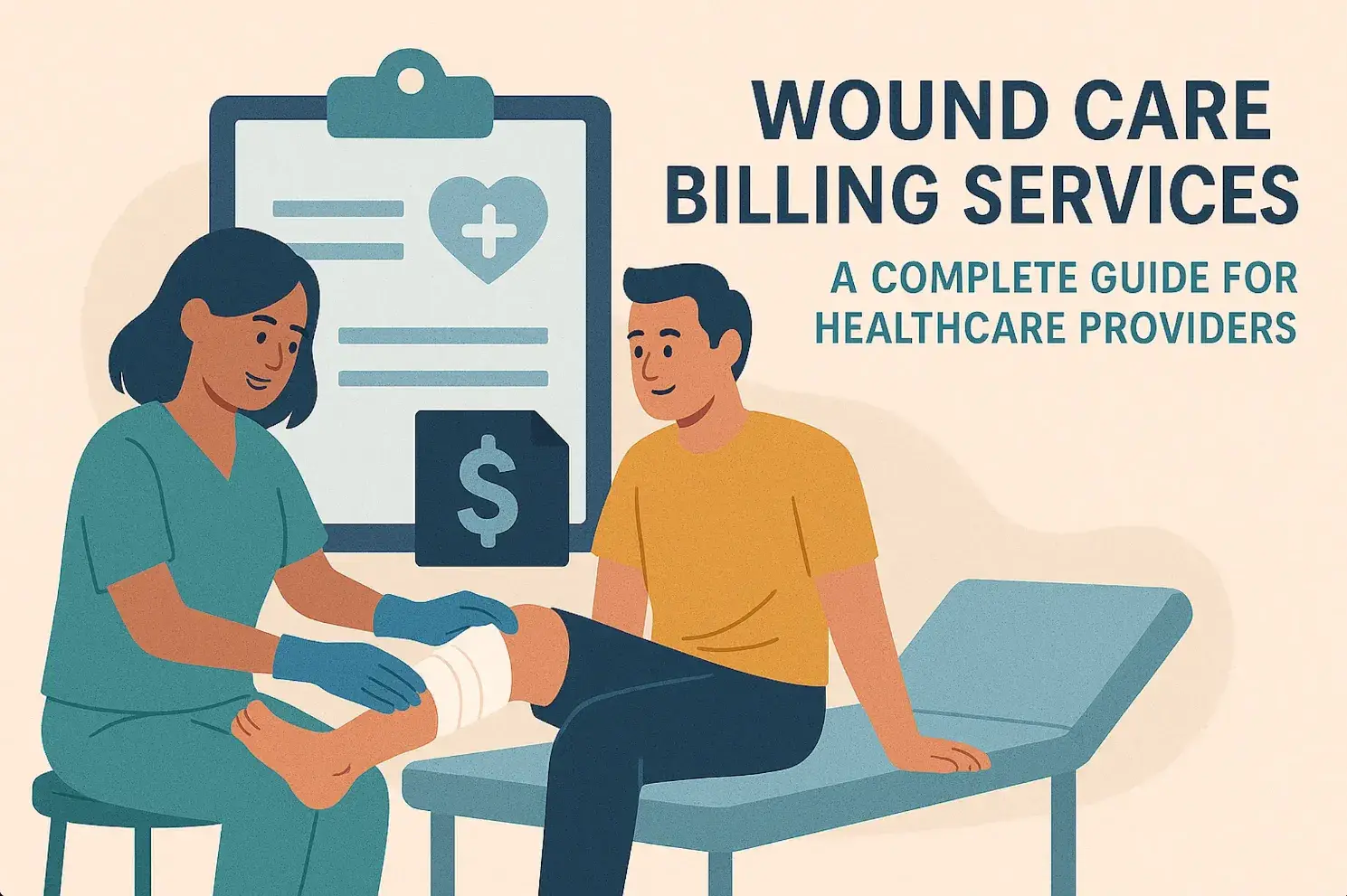Table of Contents
ToggleUpholding Trust: Navigating HIPAA Compliance in Medical Billing
In the ever-evolving landscape of healthcare, compliance with regulations is paramount. Among the myriad of rules and standards, the Health Insurance Portability and Accountability Act (HIPAA) stands out as a cornerstone of patient privacy and data security. For medical billing companies, ensuring HIPAA compliance isn’t just a legal obligation—it’s fundamental to maintaining trust with clients and safeguarding sensitive information. In this article, we’ll delve into the essentials of HIPAA compliance in medical billing and offer practical strategies for adherence.
Understanding HIPAA Basics:
HIPAA, enacted in 1996, was designed to safeguard Protected Health Information (PHI) and establish standards for electronic healthcare transactions. The law consists of various rules, but two primary components govern medical billing:
- Privacy Rule: The HIPAA Privacy Rule sets standards for protecting individuals’ medical records and other personal health information. It regulates PHI’s permitted uses and disclosures and grants patients certain rights over their health information.
- Security Rule: The HIPAA Security Rule complements the Privacy Rule by establishing national standards for securing electronic PHI. It requires covered entities to implement safeguards to protect PHI’s confidentiality, integrity, and availability.
Essential Steps for HIPAA Compliance in Medical Billing:
- Conduct Regular Risk Assessments: Medical billing companies should conduct comprehensive risk assessments to identify system and process vulnerabilities. This includes assessing physical, technical, and administrative safeguards to secure PHI.
- Implement Strong Access Controls: Limiting access to PHI is crucial for compliance. Implement role-based access controls to ensure only authorized personnel can view or handle sensitive information. Additionally, enforce strong password policies and use encryption to protect data in transit and at rest.
- Train Staff on HIPAA Policies: Human error is a leading cause of data breaches. Provide thorough training to all staff members on HIPAA regulations, including the importance of maintaining patient privacy and properly handling PHI. Regular training sessions and updates help reinforce compliance awareness.
- Maintain Documentation: Documenting HIPAA policies, procedures, and training activities is essential for demonstrating compliance to auditors and regulatory authorities. Keep detailed records of risk assessments, security measures, incidents or breaches, and corresponding corrective actions taken.
- Stay Updated on Regulatory Changes: HIPAA regulations are subject to updates and revisions over time. Stay informed about changes to the law and ensure that your organization adapts its policies and procedures accordingly. Engage with industry resources, attend training sessions, and consult legal experts.
- Conduct Audits and Monitoring: Regular audits help detect potential compliance gaps or security incidents. Implement internal auditing processes to review access logs, security controls, and data handling practices. Promptly address any issues identified during audits to mitigate risks.
- Secure Business Associate Agreements (BAAs): Medical billing companies often work with third-party vendors or service providers who may have access to PHI. Ensure these entities sign BAAs, outlining their responsibilities for protecting PHI and complying with HIPAA regulations.
Conclusion:
Ensuring HIPAA compliance in medical billing requires a proactive and comprehensive approach to protecting patient privacy and data security. By understanding the fundamental principles of HIPAA, implementing robust safeguards, and staying vigilant against emerging threats, medical billing companies can uphold the trust of their clients and mitigate the risks of non-compliance. Compliance isn’t just a legal requirement—it’s a commitment to safeguarding the confidentiality and integrity of patients’ health information in an increasingly digital healthcare landscape.
Review our Server Security Check List.




